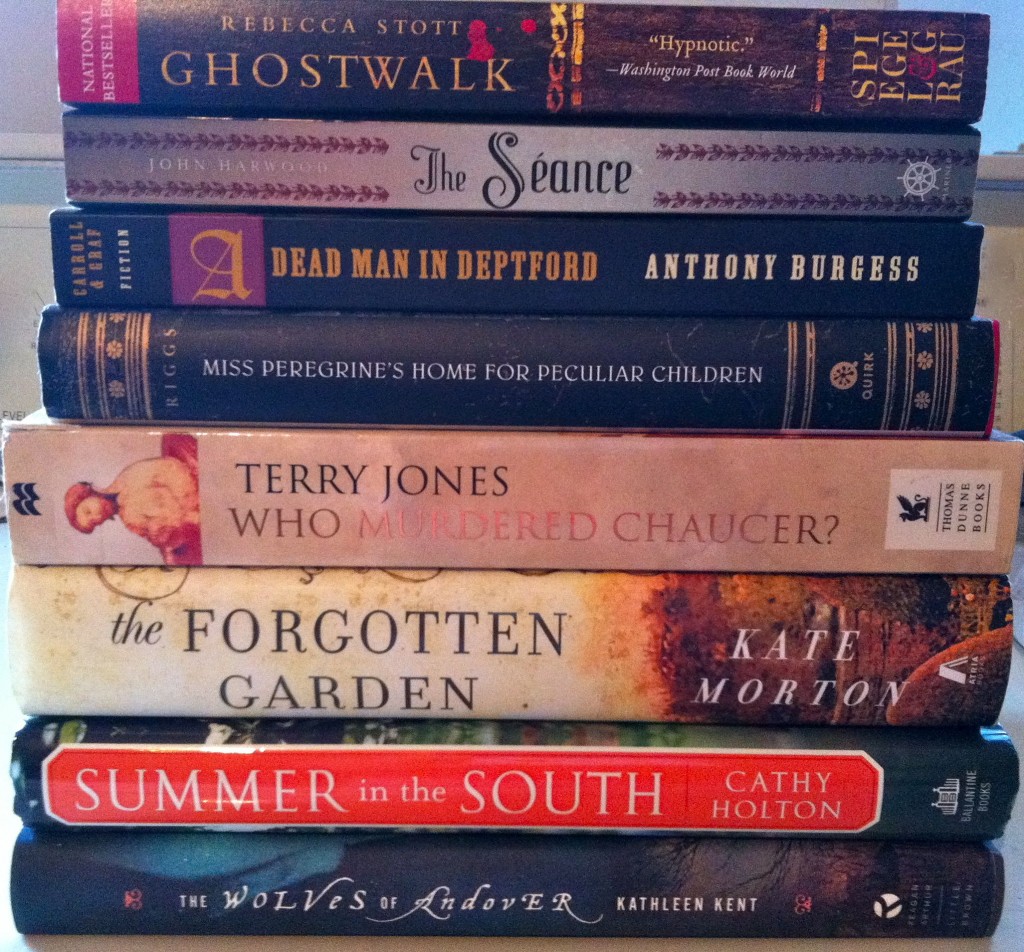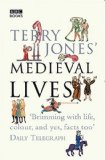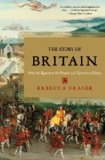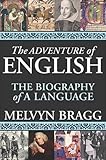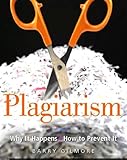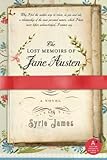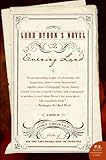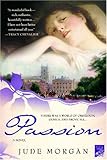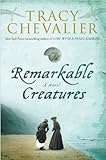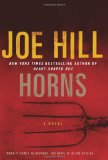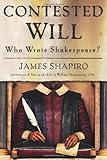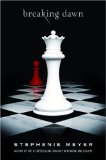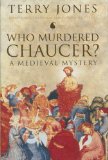I’ve compiled my longlist for the R.I.P. Challenge—assuming, of course, that I don’t acquire other books to add to this list before the challenge begins, which is quite likely. After all, I have quite a number of Sharyn McCrumb novels coming to me from PaperBackSwap. My favorite challenge every year! You can learn more about each of these books by clicking on their covers below:
[amazon_image id=”0316068624″ link=”true” target=”_blank” size=”medium” ]The Wolves of Andover: A Novel[/amazon_image] [amazon_image id=”0345506014″ link=”true” target=”_blank” size=”medium” ]Summer in the South: A Novel[/amazon_image] [amazon_image id=”1416550550″ link=”true” target=”_blank” size=”medium” ]The Forgotten Garden: A Novel[/amazon_image]
[amazon_image id=”0312335881″ link=”true” target=”_blank” size=”medium” ]Who Murdered Chaucer?: A Medieval Mystery[/amazon_image] [amazon_image id=”1594744769″ link=”true” target=”_blank” size=”medium” ]Miss Peregrine’s Home for Peculiar Children[/amazon_image] [amazon_image id=”B002NPCTH2″ link=”true” target=”_blank” size=”medium” ]A Dead Man in Deptford (Burgess, Anthony)[/amazon_image]
[amazon_image id=”B004J8HWKU” link=”true” target=”_blank” size=”medium” ]The Seance[/amazon_image] [amazon_image id=”0385521073″ link=”true” target=”_blank” size=”medium” ]Ghostwalk[/amazon_image]
